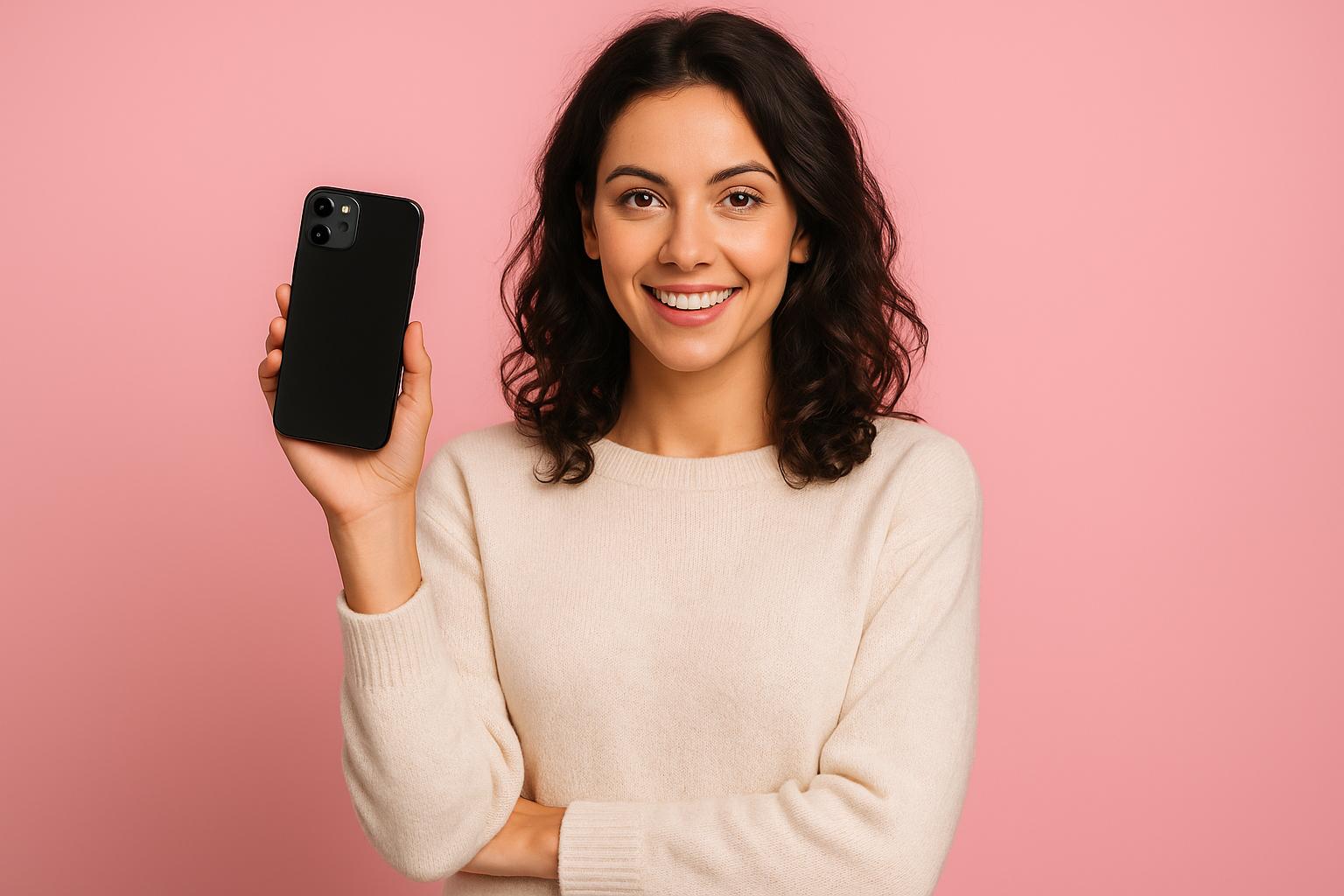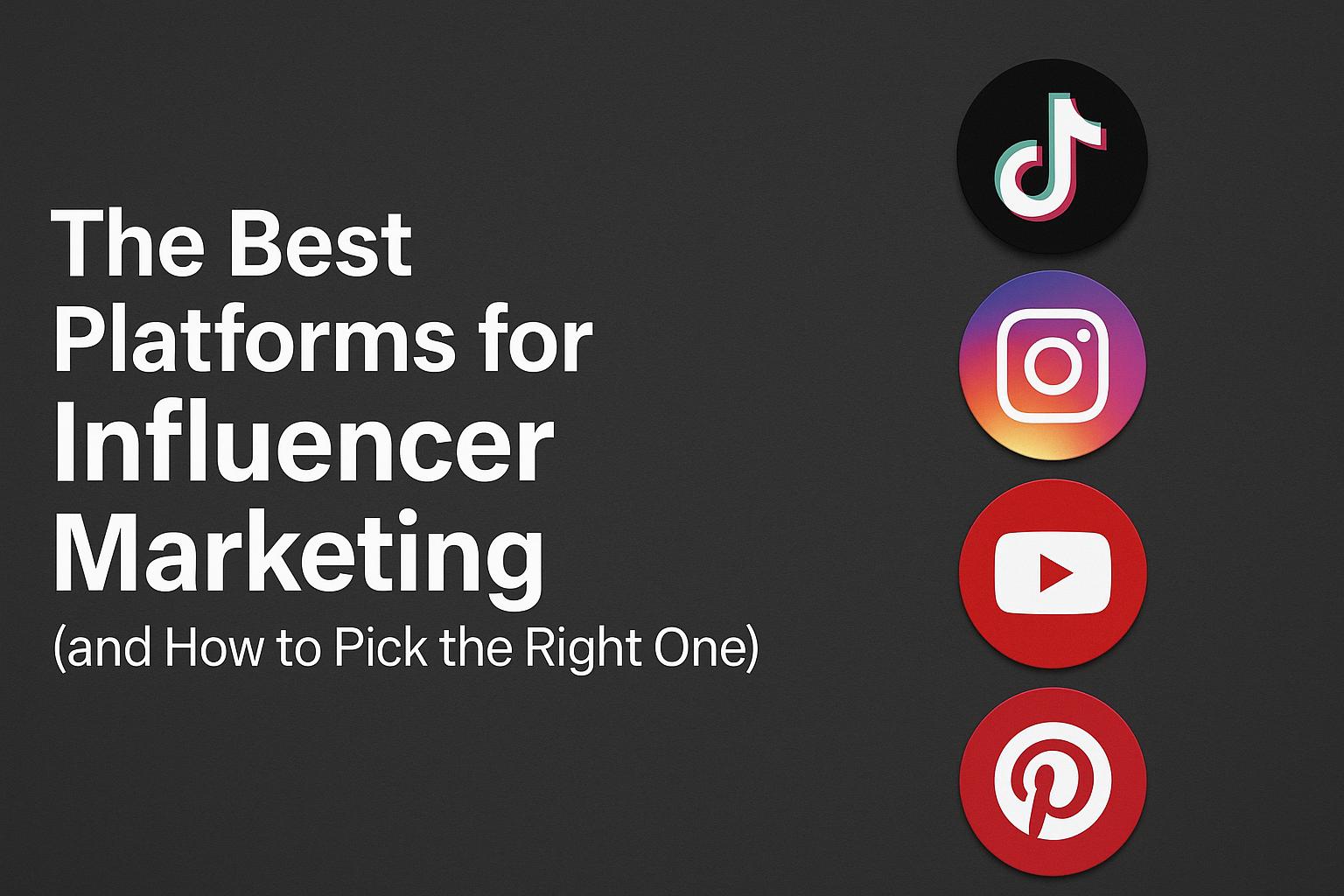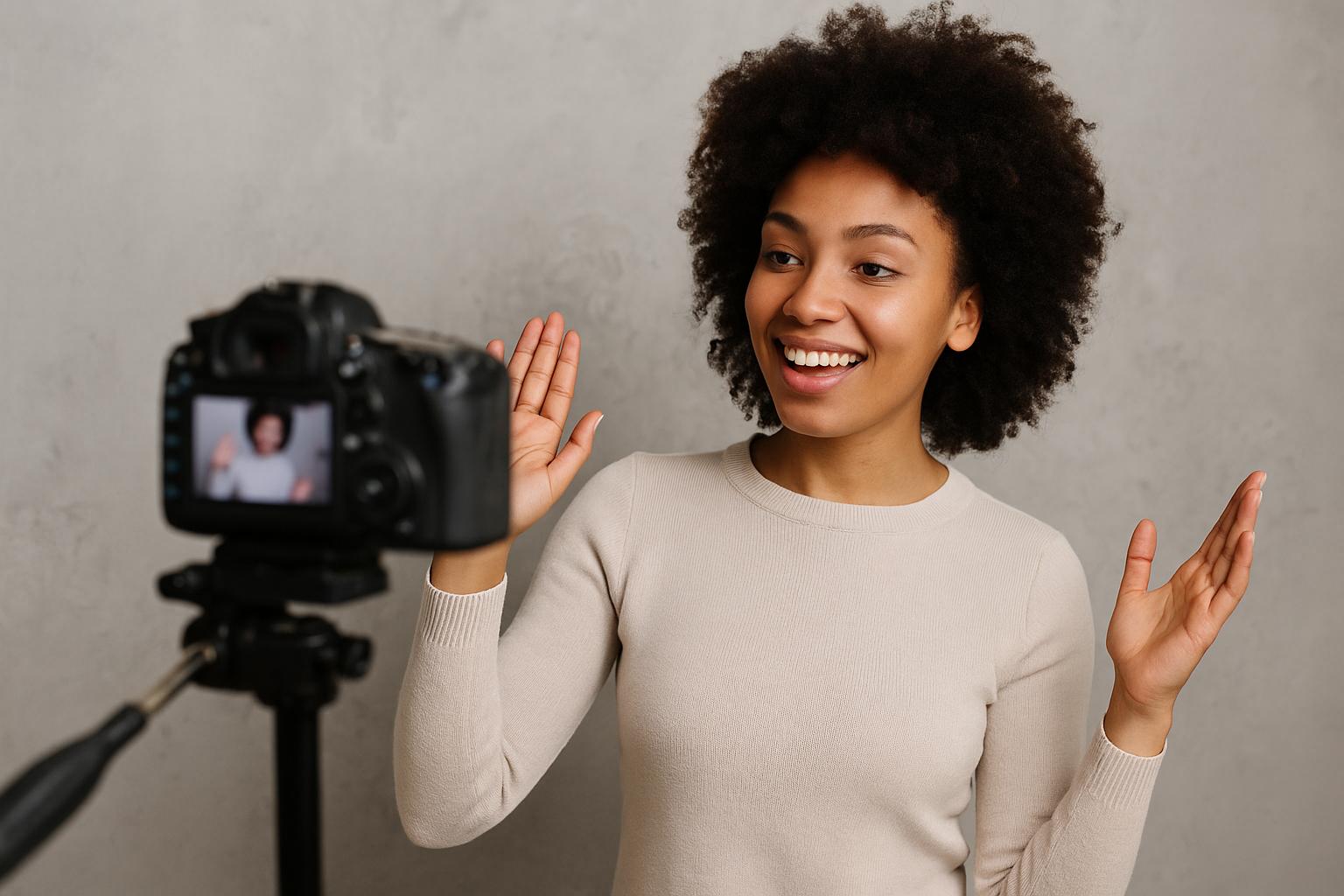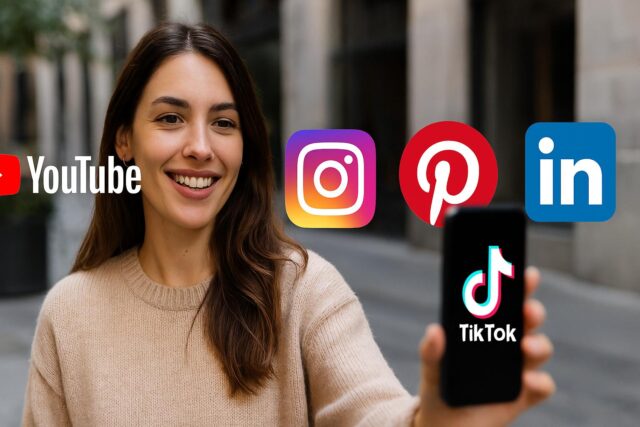Introduction: Not All Platforms Are Created Equal
If you’ve ever felt overwhelmed trying to decide whether to put your next influencer campaign on TikTok, Instagram, YouTube, Pinterest, or LinkedIn, you’re not alone.
In today’s creator economy, choosing the right platform isn’t just a preference; it’s a strategy. The wrong choice can mean low engagement, wasted ad spend, or flat-out silence.
But the right one? That’s where influencer marketing shines, driving views, sparking conversations, and generating real conversions.
At Logie, we’ve seen firsthand how matching the right creator with the right platform can completely transform campaign results.
But there’s no one-size-fits-all answer. Each platform offers something different: TikTok’s virality, Instagram’s shopability, YouTube’s depth, Pinterest’s intent, and LinkedIn’s authority.
This guide discusses each platform’s strengths, who it is best for, and how to align it with your campaign goals.
Whether you’re a brand manager planning your next launch or a creator looking to expand your reach, this comparison will help you choose wisely and confidently.
1. Audience & Demographics
- TikTok: Dominates Gen Z and young millennials, with 16–24-year-olds making up ~41% of its user base. It leads in conversion social commerce on TikTok, converting nearly 44% of users in 2024.
- Instagram: Broad demographic reach; 81% of users use it to research products, and 50% have made purchases from the app

- YouTube is the largest video platform, with over 2.5 billion people using it monthly. It is excellent for product reviews, tutorials, and long-form storytelling.
- Pinterest: A visual discovery engine, not a social app with a strong influence in fashion, home décor, and lifestyle. Grew its creator fund by 72%.
- LinkedIn is ideal for B2B, career-focused, and professional content. While smaller in lifestyle reach, it’s powerful for industry thought leadership and lead generation.
2. Content Format & Engagement
- TikTok: Short, entertaining, trend-driven videos are highly shareable. Its algorithm aids virality and supports live shopping, where immediate purchases during live streams are increasingly common.
- Instagram: Offers Reels, Stories, Feed, and Live. Shops integration supports seamless purchases directly from posts and lives .
- YouTube provides longer video formats, perfect for in-depth demos, unboxings, and reviews. It also has dedicated shopping tools via YouTube BrandConnect .
- Pinterest supports Pins, Idea Pins, and shoppable content. It is ideal for the evergreen discovery and planning stages when users build boards around inspiration .
- LinkedIn: Best for posts, articles, and SlideShares focused on expertise, case studies, and tool recommendations.
3. Social Commerce & Conversion
- TikTok & Instagram: Top performers for social commerce. TikTok’s short videos converted ~44%, while Instagram shoppers actively engage with product posts and shops. Both are investing heavily in live shopping.

- YouTube: Influences purchase decisions through reviews and is improving product tags via BrandConnect integration
- Pinterest: Functions as a visual search and discovery platform, enabling high-intent user purchases and inspiring future buys
- LinkedIn is less transactional and more suited for driving lead generation and professional service conversions.
4. Campaign Goals & Ideal Use Cases
| Goal | Best Platform(s) | Why |
| Awareness / Viral Reach | TikTok, Instagram, YouTube | High reach and shareability |
| Consideration / Reviews | YouTube, Pinterest | Long-form detail, visual discovery |
| Sales / Short-term Promo | TikTok, Instagram Shops | In-app purchase features, live shopping |
| B2B / Professional Authority | Ideal for thought leadership and lead-gen | |
| Evergreen inspiration | Visual boards for aspirational content |
5. Budget & ROI Expectations
- Influencer marketing spend is now expected to surpass traditional digital ad spend.
- ROI depends on platform choice and campaign design: TikTok and Instagram offer fast results, while YouTube and Pinterest may offer longer conversion windows.
- Micro-influencer campaigns (via platforms like Logie) can be highly cost-effective.
6. Influencer Discovery & Campaign Tools
- Tools like Logie help brands manage campaigns across platforms.
- Choose tools based on your team size, budget, and desired integrations (e.g., e-commerce, analytics).

7. Platform Trends & Best Practices
- TikTok: Capitalize on trends and live shopping, use hashtag challenges.
- Instagram: Integrate feed posts with Reels and Stories; leverage Shops + live demos.
- YouTube: Keep evergreen content alive with SEO-optimized descriptions and timestamps. Use BrandConnect for sponsored opportunities.
- Pinterest: Use high-quality visuals, keywords in pin descriptions, and group board collaborations.
- LinkedIn: Post case studies, partner-driven content, and repurpose video snippets from other platforms.
Final Thoughts: Match Strategy to Platform, Not the Other Way Around
The truth is, influencer marketing doesn’t work in a vacuum. What works for TikTok will fall flat on LinkedIn.
What converts on Pinterest may not even get seen on Instagram. That’s why your platform choice is the strategy.
TikTok and Instagram will deliver speed if you’re promoting quick-consumption products or riding trends.
YouTube and Pinterest are your powerhouses if you’re educating or nurturing long-term interest. And if you’re building trust in a B2B space, LinkedIn remains unmatched.
Most importantly, don’t choose based on what’s trendy; choose based on what your audience needs and where they live.
Let your influencer marketing strategies follow the buyer journey, not just the algorithm.
So… which platform will you pick for your next campaign?










